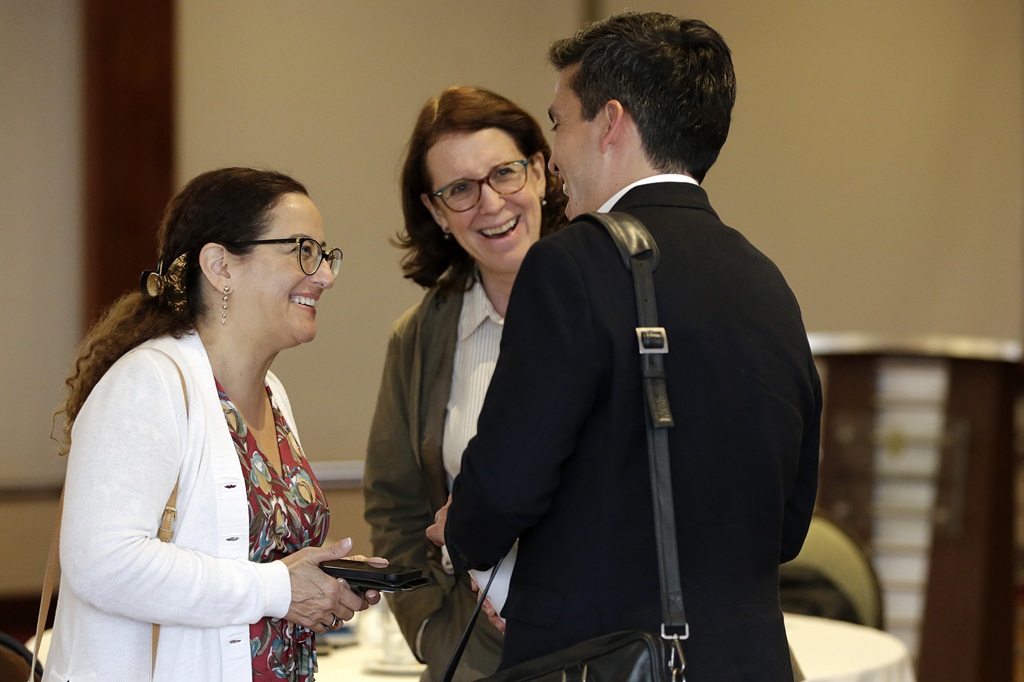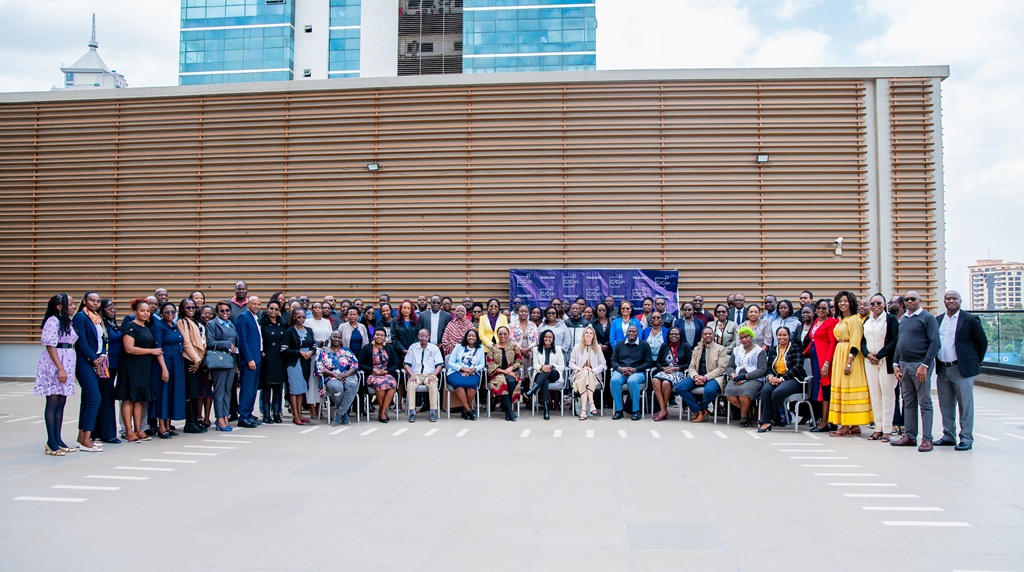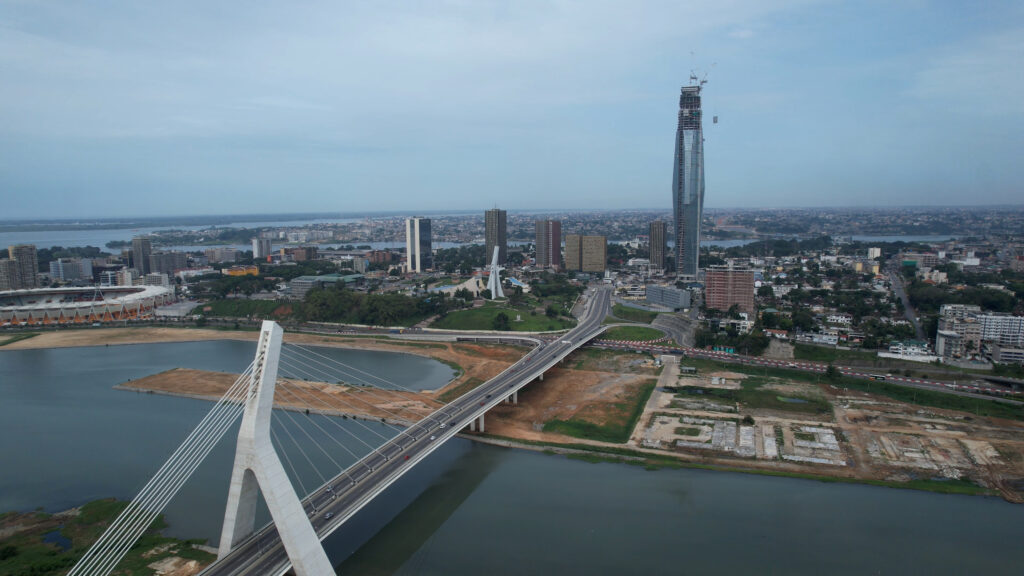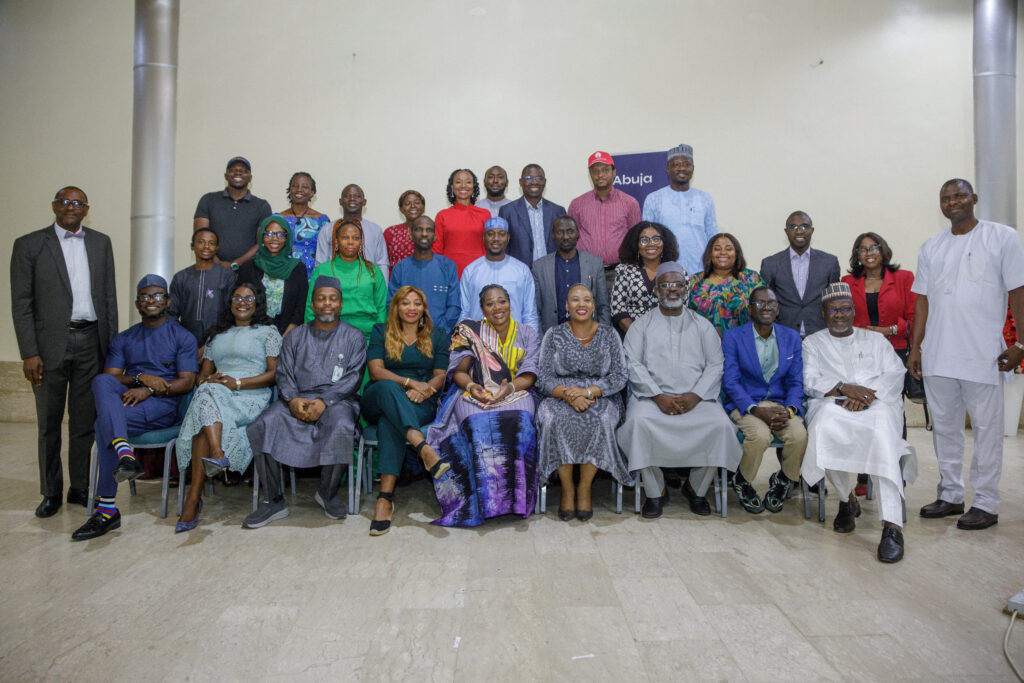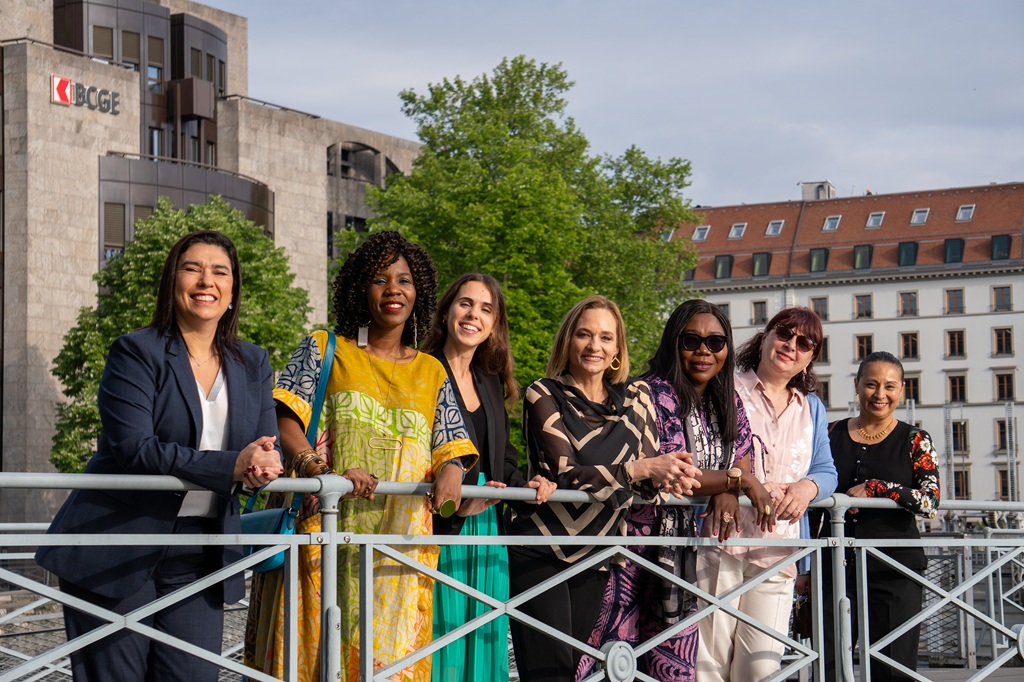
The City of Tomorrow campaign, launched by C/Can on World Cancer Day, was conceived to recognise the commitment of our first cities – the ‘Doers’ – and inspire a growing network of new cities – the ‘Dreamers’ – to mobilise action to improve access to cancer treatment and care. Most importantly, it is a campaign of hope that draws from the extraordinary resolve of cities and the people who work to support cancer patients and their families every day.
The last few weeks have reminded us of the degree to which our cities and people remain committed even in a time of extraordinary stress and strain. Health professionals in C/Can’s network from Australia, Brazil, Georgia, Ghana, India, Kenya, Rwanda, Spain and the United States have taken the time to share practical information and lessons learned on cancer treatment during the crisis. Overall, more than 1000 individuals from 66 countries listened in to hear their perspectives highlighting the demand for exchange of best practices.
What’s clear is that cities are turbocharging innovation. They are learning, adapting and scaling quickly to support cancer patients and their families. Enhancing and expanding digital solutions is at the fore. Changes are occurring across the spectrum of cancer care, with awareness and demand increasing in cities for virtual multidisciplinary tumour board meetings, digital interactive learning for health professionals, and remote radiotherapy treatment planning and pathology reporting.
As part of our response, C/Can is launching the TeleECHO programme in June, an online collaboration to provide remote expert knowledge and policy planning advice to city project teams. Our first session in the series focusing on quality control programmes in pathology laboratories, is also a testament to the power of digital to amplify knowledge as it brings the C/Can cities together under one platform for the first time.
The expansion of digital solutions is not happening in a vacuum. Enabling policy reform has been rapid in many cases. In Brazil, for example, changes in national policy on telemedicine have been accelerated with a law published on April 15, 2020, authorising the use of telemedicine throughout the country while the Covid-19 crisis continues. Also in April, in the Philippines, the Department of Health and the National Privacy Commission announced a framework for telemedicine services in a bid to improve access to health services during the crisis.
Rapid innovations, particularly when triggered by crisis, can also bring unique challenges. One of these is ensuring the quality and longevity of enabling policies, and that they promote quality improvement of cancer care systems. That is, they are for people, and they promote equity, resilience, and efficiency. Another is ensuring that the solidarity that has been fostered between the public and private sectors continues beyond the crisis.
Long-lasting change will only be possible through an inclusive and integrated effort where the scale-up of interventions – new or existing – are informed by data, measured for their effectiveness and resourced appropriately. This means even greater collective efforts are needed to share and use data so that scarce resources are allocated to where they will deliver the greatest impact for people.
The shared experience of Covid-19 has ignited cities’ entrepreneurship and intensified our own commitment to powering these efforts to drive lasting change for cancer patients. We must now all commit to not going back, and instead ensure that when the crisis ends, cities working to improve cancer care will be more resilient than they are today.
The City of Tomorrow – a place where no one is left behind in accessing quality cancer care – is a worthy aspiration.
Dr Susan Henshall
CEO, City Cancer Challenge
This article was published in LinkedIn on May 13, and can be found here.
